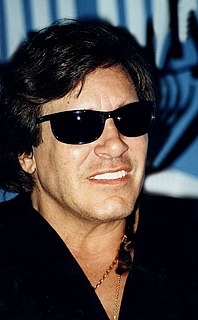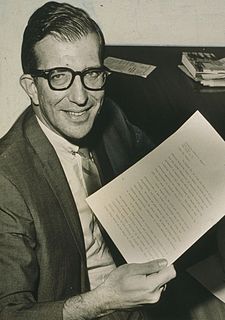A Quote by Eugene Lee Yang
I haven't really spoken openly about my experiences with depression, especially, not ever having the chance to be in any way clinically diagnosed but I think that I certainly have a naturally depressive personality.
Related Quotes
Sex is more openly spoken about than 40, 50 years ago, and I think probably in comparison to a lot of bands - certainly other contemporary pop girl bands - we're certainly not as suggestive. We talk about sex in the way that we would to our friends. As a girl group, I think it was important not to avoid those sort of things either, because it's about confronting people's idea of what women should be talking about and how they should talk about it. There's no point in shying away from subjects like that, because they exist.
The 'phenomenal concept' issue is rather different, I think. Here the question is whether there are concepts of experiences that are made available to subjects solely in virtue of their having had those experiences themselves. Is there a way of thinking about seeing something red, say, that you get from having had those experiences, and so isn't available to a blind person?
When I was diagnosed with bipolar disorder the year I turned 50, it was certainly a shock. But as a journalist, knowing a little bit about a lot of things, I didn't suffer the misconception that depression was all in my head or a mark of poor character. I knew it was a disease, and, like all diseases, was treatable.

































